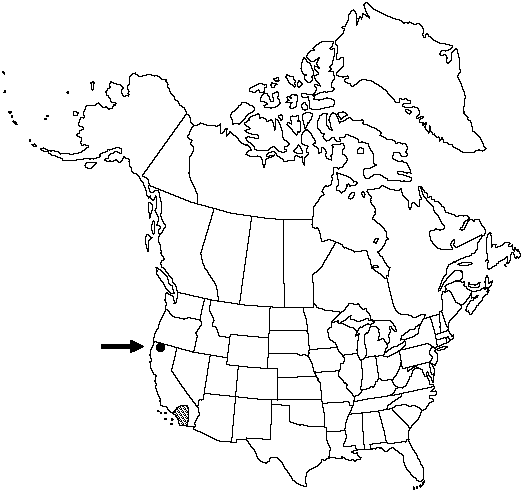Difference between revisions of "Selaginella asprella"
Smithsonian Misc. Collect. 72: 6. 1920.
FNA>Volume Importer |
imported>Volume Importer |
||
| Line 46: | Line 46: | ||
|publication year=1920 | |publication year=1920 | ||
|special status= | |special status= | ||
| − | |source xml=https:// | + | |source xml=https://bibilujan@bitbucket.org/aafc-mbb/fna-data-curation.git/src/bb6b7e3a7de7d3b7888a1ad48c7fd8f5c722d8d6/coarse_grained_fna_xml/V2/V2_719.xml |
|genus=Selaginella | |genus=Selaginella | ||
|subgenus=Selaginella subg. Tetragonostachys | |subgenus=Selaginella subg. Tetragonostachys | ||
Revision as of 21:14, 27 May 2020
Plants on rock or terrestrial, forming cushionlike or loose mats. Stems decumbent to short-creeping, dry stem readily fragmenting, irregularly forking, without budlike arrested branches, tips straight; main stem upperside and underside structurally slightly different, inconspicuously indeterminate, lateral branches radially symmetric, determinate or not, often strongly ascending on cushionlike mats, 1–2-forked. Rhizophores borne on upperside of stems, throughout stem length, 0.2–0.4 mm diam. Leaves monomorphic, in alternate pseudowhorls of 4, tightly appressed, ascending, green, narrowly triangular-lanceolate to linear-lanceolate, (2–)2.5–4 × 0.45–0.7(–0.8) mm (smaller on young buds); abaxial ridges present; base cuneate and decurrent or sometimes rounded and adnate on young buds, pubescent (hairs often covering 1/4 of leaf length abaxially); margins ciliate, cilia transparent to whitish, spreading, 0.7–0.15 mm; apex keeled, attenuate or obtuse, bristled; bristle white or transparent, puberulent, 0.5–1.4 mm. Strobili solitary, 0.4–1.5(–2) cm; sporophylls lanceolate and strongly tapering to apex or deltate-ovate to ovate-lanceolate, abaxial ridges moderately defined, base pubescent or glabrous, margins short-ciliate to dentate, apex keeled or plane, bristled.
Habitat: Limestone ridges, dry rocky slopes, igneous rock, exposed cliffs or gravelly soil
Elevation: 900–2700 m
Distribution

Calif., Mexico in Baja California.
Discussion
Selaginella asprella may be confused with S. leucobryoides particularly because of its readily fragmenting stems.
Of conservation concern.
Selected References
None.